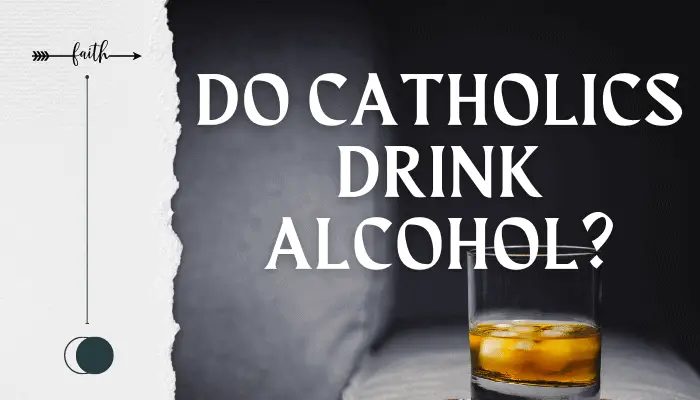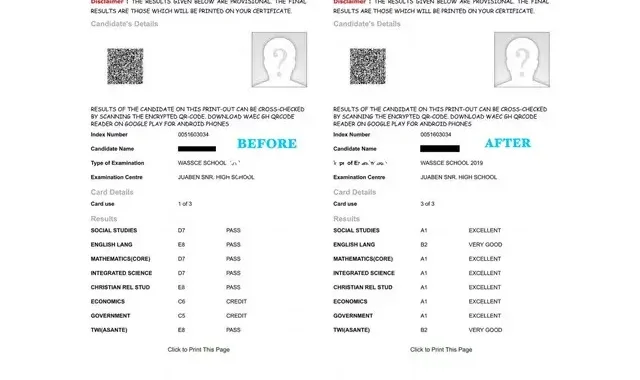What Is the Catholic Church’s View on Alcohol ?
What Is the Catholic Church’s View on Alcohol?
Can a Catholic drinks Alcohol?
Image credited: Faith Inspired
Alcohol is complicated, and today, many don’t know what the Catholic Church teaches about it. Are we even allowed to drink? What does the Bible say? Would Jesus drink a beer with me? Here’s a quick guide to clear things up.
What is the relationship between Catholics and alcohol?
Catholics believe alcohol is acceptable in moderation (which we would say is the biblical and traditional Christian view). We regard drunkenness as a sin. The Catechism of the Catholic Church condemns drunken excess and illegal drugs in #2290-2291:
The virtue of temperance disposes us to avoid every kind of excess: the abuse of food, alcohol, tobacco, or medicine. Those incur grave guilt who, by drunkenness or a love of speed, endanger their own and others’ safety on the road, at sea, or in the air. The use of drugs inflicts very grave damage on human health and life. Their use, except on strictly therapeutic grounds, is a grave offence. Clandestine production and trafficking in drugs are scandalous practices. They constitute direct cooperation in evil since they encourage people to practice gravely, contrary to the moral law.
In my understanding, the notion held by some Protestants that alcohol is intrinsically evil derives primarily (if not solely) from the temperance and prohibition movements in the mid-1800s and onward. Several denominations, such as the Presbyterians and the Methodists (maybe even the Baptists?), changed at that time from serving alcohol (following the implied “wine” of the biblical description) in the Lord’s Supper/Communion, to grape juice, almost entirely on political grounds.
Lutherans and Anglicans have always used wine for Holy Communion. Neither Martin Luther (who was quite fond of wine) nor John Calvin (Institutes, 3:19:7; 4:13:9 — citing St. Augustine) opposed wine-drinking. Calvin casually assumes that wine will be used for Holy Communion (4:17:43), as it had always been used in the Church previous to that time.
Jesus refused this drink because it contained myrrh, which – combined with alcohol – would have had a narcotic effect. But he accepted this same drink without the myrrh on the cross, just before he died (Jn 19:29-30; cf. Mt 27:48; Mk 15:36). Some might still dispute that it was (or contained wine, with alcohol), but many modern translations render oxos at John 19:29-30; Matthew 27:48; and Mark 15:36 as “wine,” “sour wine,” or similar description. The New Testament oinos [“wine”] was a fermented drink, though probably less strong than our current wine.
Fermentation is implied, in the mention of the bursting of the wineskins (Matt 9:17; Mk 2:22; Lk 5:37). Ephesians 5:18 states that: one can theoretically get “drunk with wine” and Paul commands us not to do that (cf. Jn 2:10). Wine is to be avoided if it stumbles a brother (Rom 14:21).
The writer of Proverbs advises giving “strong drink” to the dying, and “wine to those in bitter distress; let them drink and forget their poverty, and remember their misery no more” (31:6-7; NRSV). This is similar to Apostle Paul’s suggestion to “take a little wine for the sake of your stomach and your frequent ailments” (1 Tim 5:23; NRSV).
Send Stories | Social Media | Disclaimer
Send Stories and Articles for publication to [email protected]
We Are Active On Social Media
WhatsApp Channel: JOIN HERE
2024 BECE and WASSCE Channel - JOIN HERE
Facebook: JOIN HERE
Telegram: JOIN HERE
Twitter: FOLLOW US HERE
Instagram: FOLLOW US HERE
Disclaimer:
The information contained in this post on Ghana Education News is for general information purposes only. While we endeavour to keep the information up to date and correct, we make no representations or warranties of any kind, express or implied, about the completeness, accuracy, reliability, suitability or availability with respect to the website or the information, products, services, or related graphics contained on the post for any purpose.




 Old students build health centre for Awudome SHS
Old students build health centre for Awudome SHS  Move away from traditional theoretical based learning – Prof Abeku Quansah to students
Move away from traditional theoretical based learning – Prof Abeku Quansah to students  Professor Amin Alhassan speaks at 20th Congregation of Islamic University College
Professor Amin Alhassan speaks at 20th Congregation of Islamic University College  WASSCE Results Upgrading: Total Scam Or Something Worth Your Money?
WASSCE Results Upgrading: Total Scam Or Something Worth Your Money?